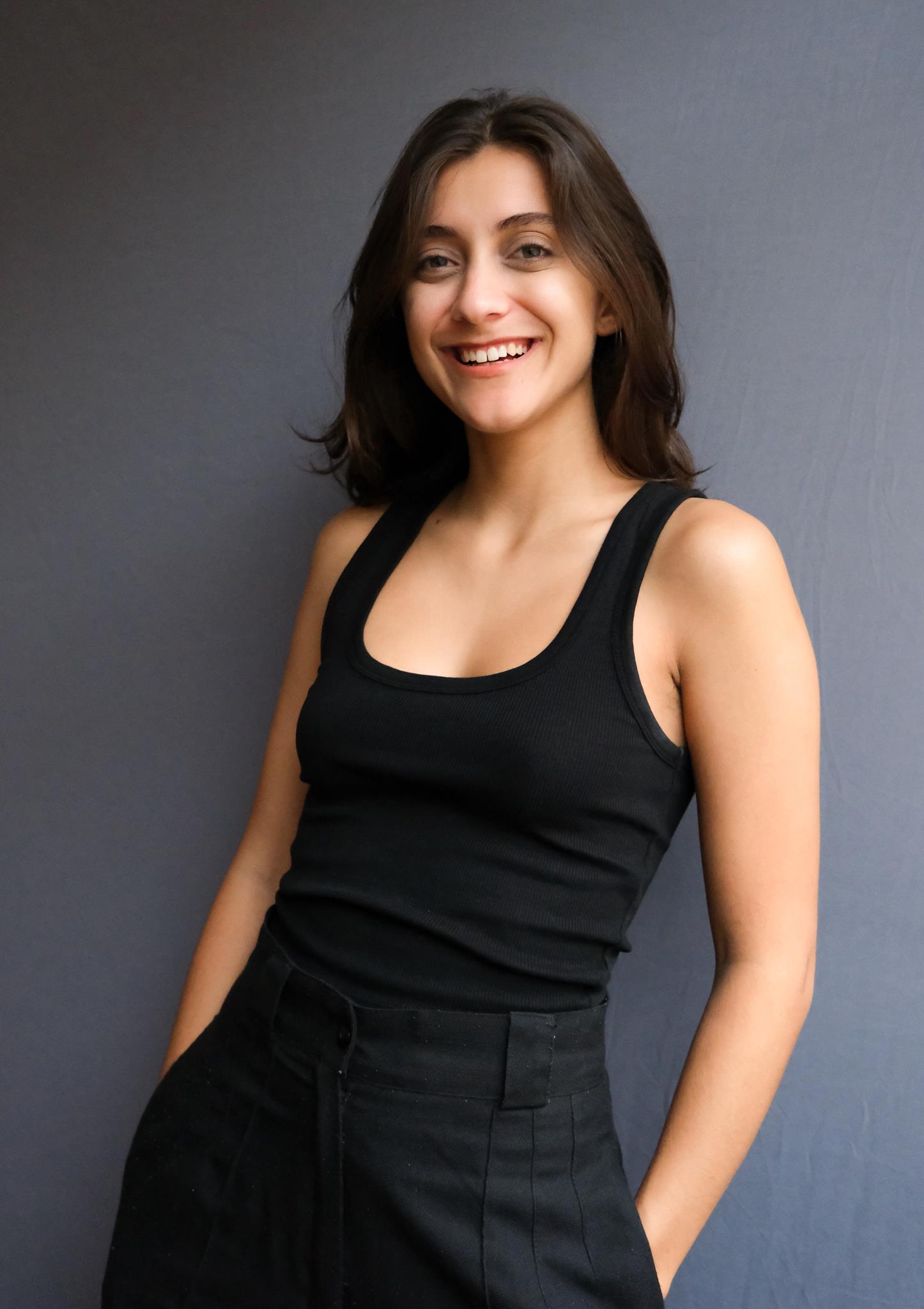Actress Isadora Ruppert is part of the cast of The Secret Agent, the new feature film by Kleber Mendonça Filho that opens in Brazilian theaters on November 6. Produced by Emilie Lesclaux and CinemaScópio, the film had its world premiere at the 2025 Cannes Film Festival, where it won the awards for Best Director and Best Actor (Wagner Moura), and was chosen by the Brazilian Cinema Academy to represent Brazil in the race for the Oscar for Best International Film in 2026.
In the film, Isadora plays Daniela, a woman caught up in dilemmas of passion, power, and memory, in a narrative that revisits the dark years of the military dictatorship. “It’s a necessary film, about Brazil, about what we still need to face as a society,” says the actress, who also starred in the award-winning “I’m Still Here,” which won the 2025 Oscar.
In addition to her film career, Isadora has a solid theater career, with roles in productions such as Cabaré TV and Ainda Sou Circo, and appears in the upcoming Netflix series, BR 70. At 26, she celebrates this moment of ascension: “Seeing Brazilian cinema being applauded worldwide is thrilling. It’s an honor to be part of this story.”
“The Secret Agent” is a film about memory, power, and contemporary Brazil. What personal reflections did this project evoke in you during filming?
During filming, I felt like we were doing something big, especially since it was a Kleber film. His films always raise deeply pertinent questions for our society, and in the stories he tells, we can recognize many of the challenges facing our country. Unfortunately, we live in a country with memory lapses. I feel that works like “The Secret Agent” are part of a necessary movement: to document, question, and break with logics that still persist in Brazil and that we need to leave in the past. It’s crucial to understand what cannot be repeated.
What the project made me reflect most on was this question: what kind of country is this logic we live in? And I don’t think I have that answer yet, because we live in a country with many nuances. But one thing is certain: we need to understand the mistakes of the past so that we don’t experience the same setbacks again.
You were at Cannes when the film won an award. What was it like to experience that moment—not just as an actress, but as a Brazilian, seeing Brazilian cinema receive such acclaim?
It was a state of complete ecstasy! Imagine the biggest film festival in the world… It was incredibly moving. I’m completely in love with Brazil, I’m so proud to be Brazilian, and I’m always talking about it. Brazil is a powerhouse: in music, visual arts, and cinema. We’re internationally recognized for this, and it was wonderful to see a very Brazilian film, one that talks about our country, one that talks about Recife—a city of immense cultural significance for Brazil—receive such recognition and acceptance from the audience and the festival. Besides being a childhood dream come true, it was definitely one of the most memorable moments I’ve ever experienced.
“I’m Still Here” and “The Secret Agent” share a common theme of intense historical periods. What attracts you to projects that delve into the country’s political and social wounds?
When I was about to decide what I would major in college, I considered majoring in History. I was always very good at it, aced every exam, and truly loved it. In the end, I chose to major in Performing Arts, but in a way, I continue to tell stories as my profession. I see everything that’s been happening as a happy coincidence. For me, it makes perfect sense to delve into these topics. Being able to tell our story and debate political and social issues through cinema and films is incredibly powerful. I feel happy and honored to have had these opportunities, and they’re also subjects that deeply interest me.

Your grandmother experienced the repression of the dictatorship and had to go into hiding. How does this family history influence your choices and how you connect to roles like Daniela’s?
I lived with my grandmother for several years, and talking about politics and the dictatorship was a constant part of our daily lives. In a way, this shaped me as a person from a very young age. I learned a lot about our country’s history because of her.
These films emerged very organically in my career, but I believe nothing is by chance. After all, these are themes that, in some way, I already experienced at home. Whenever a project set during this period of the dictatorship comes up, I immediately think of my grandmother. I think that, wherever she is, she would be very proud.
You come from a solid background in theater. How does this background influence your performance on camera, especially in films with such emotional depth?
I often say that theater is an actor’s home. Theater grounded me, taught me commitment to my craft, a daily commitment to dedication and dedication, and I apply that to every project I undertake. It’s in theater that you learn what it means to be an actor/actress, and I’m very grateful to have studied at two great schools here in Rio: O Tablado and UNIRIO.
I feel like theater and audiovisual are different languages when it comes to acting. So, of course, when I’m in front of a camera, I make adjustments, especially if it’s a tighter shot. But, deep down, it’s the same thing, because a good performance, whether on camera or on stage, is a true performance that comes from within.
The “Little Epiphanies” segment on social media shows a lighter, everyday side of you. Is it a way to balance the intense emotions of roles like “The Secret Agent”?
Pequenas Epifanias is my favorite. Beatriz Adler, a great friend, is a psychologist, writer, and screenwriter who accompanies me daily through this process. I really enjoy this project because it keeps me active: it’s lighthearted and humorous, and I think we need that as a society. It keeps me moving, always acting, creating new sketches, and thinking about new videos. It brings me a lot of joy and lightness.
In your opinion, what does the Brazilian public need to feel or rethink when watching “The Secret Agent”?
As I said, The Secret Agent is a film that speaks volumes about Brazil. It sheds light on profound issues that still plague us as a society. I believe that to evolve as individuals, as Brazilians, we need to face our past: to look at the shadows that still linger in the present and that may continue into the future if we don’t address them. The film is also an invitation for us to feel proud of our cinema, our history, and the Brazil we are, but, at the same time, to reflect on what needs to change, on the problems that continue to loom over us and that we don’t want to carry forward.
You started dreaming about cinema as a child, watching “Recife Frio.” Today, working with Kleber Mendonça Filho, what’s it like to see that dream come true?
It’s simply unbelievable. I often say that Kleber’s cinema was very important in my development, both as an artist and as a person. It was a milestone in my adolescence to come into contact with his work, and I feel it’s a gift to be able to experience something so powerful and, at the same time, so young.
Kleber is a very generous, calm, and serene person. It was incredible to be able to develop a working relationship and also a personal closeness with him. He’s truly excellent at what he does and deserves all the praise for it. He’s a great guy. It’s very special when you meet your idols and they’re just like us: good people, genuinely cool.
Follow Isadora Ruppert on Instagram





